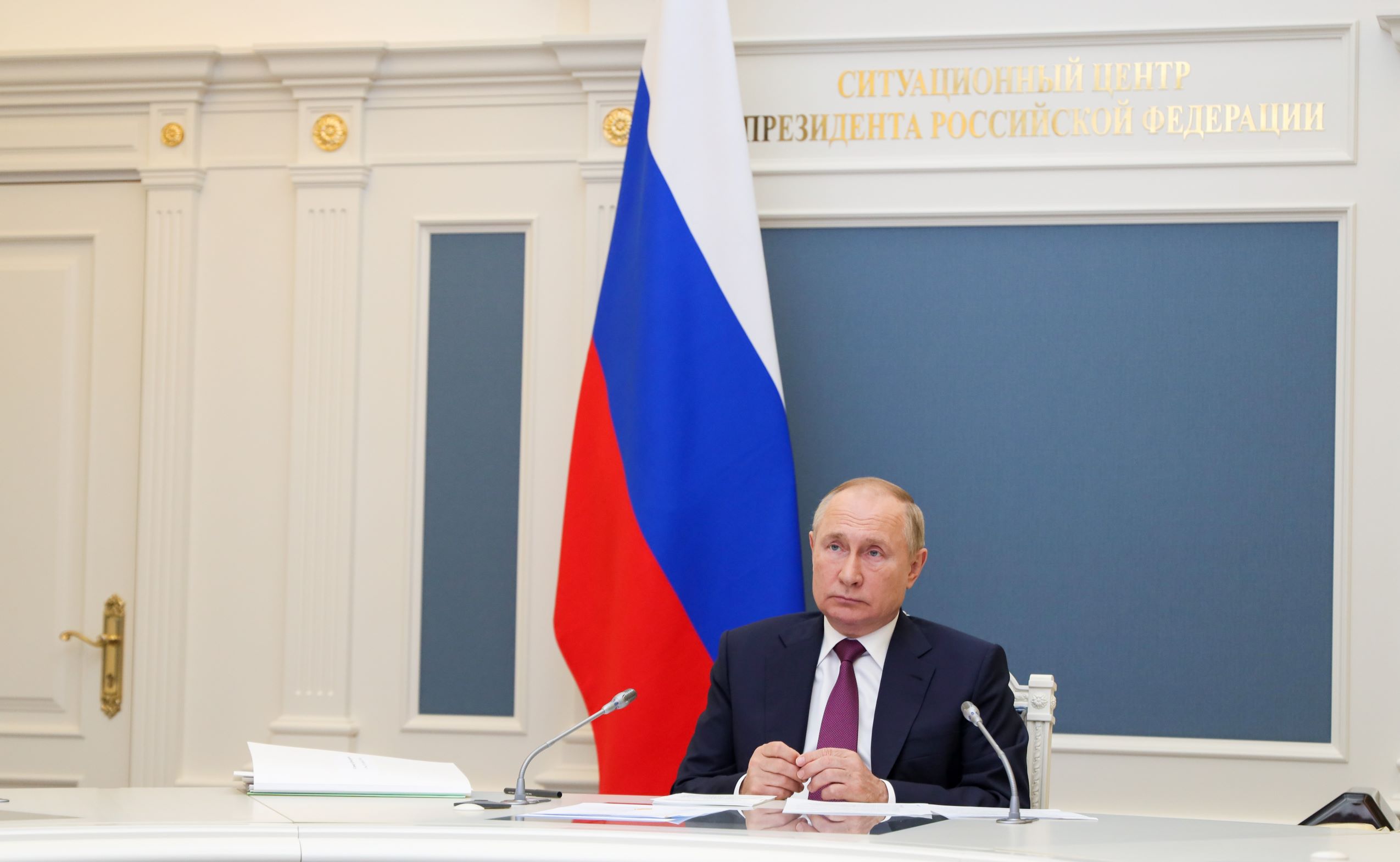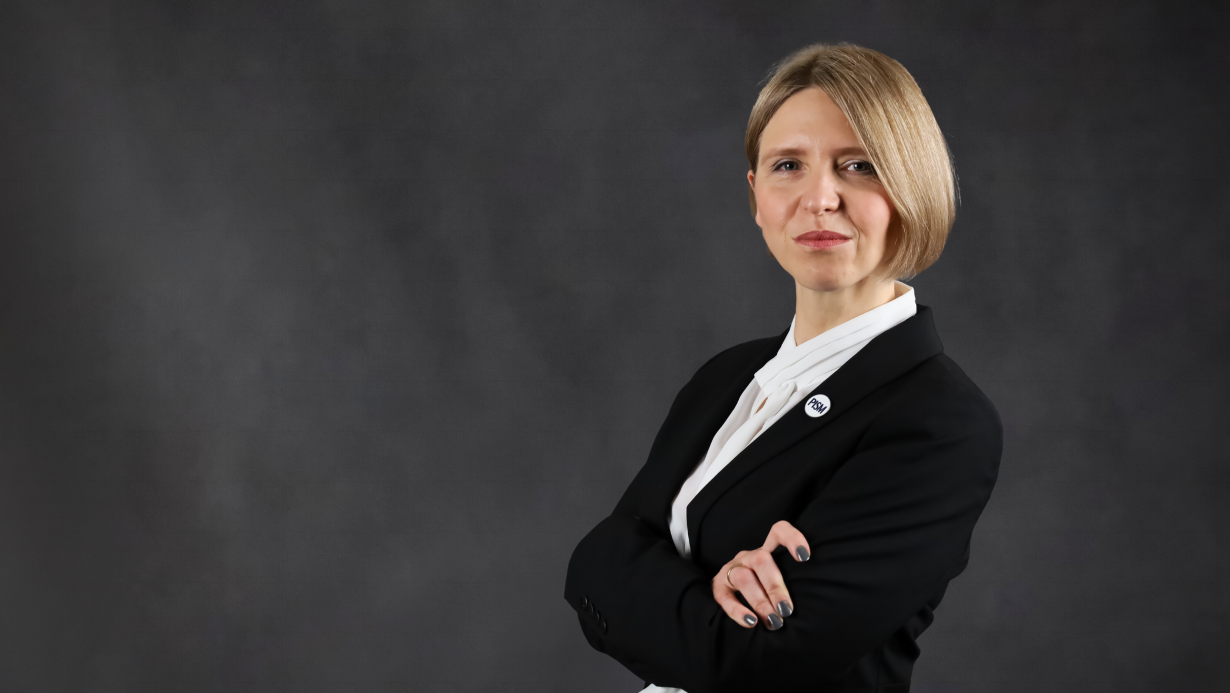Consequences of the Duma Elections on Russia's Domestic and Foreign Policy
 Photo: Yevgeny Paulin/TASS/Forum
Photo: Yevgeny Paulin/TASS/Forum
On 17-19 September, elections to the Duma, the lower house of parliament, were held in Russia. According to the official election results, the ruling United Russia (UR) won a constitutional majority, receiving 345 out of 450 seats, while the licensed opposition—the Communist Party of the Russian Federation—gained 57 seats, the Liberal Democratic Party of Russia 27 seats, and Just Russia-For Truth will have 21 seats. The New People party entered the Duma for the first time, winning 13 seats. The scale of violations, forgery, and repression was greater than in the previous elections to the Duma of 2016 and 2011. The authorities prevented the real opposition from taking part in the elections, prevented the participation of OSCE observers, and repressed political opponents. Alexei Navalny ended up in a penal colony, and most of his associates left Russia. The greatest violations took place in Moscow, where UR won only after recounting electronic votes (taking the victory away from the Communists).
Political Consequences
The elections were a test of the efficiency of the administrative and security apparatus, the task of which is to strengthen Putin’s regime in the context of the presidential elections in 2024. According to the changed constitution, President Putin can run for another term, but the number of Russians who believe that he should no longer rule Russia is growing (42% of respondents, according to research by the Yuri Levada Center). In October this year, Putin recorded the lowest level of public confidence (53%). Although almost half of Russians still accept his further rule, that support is not enough to ensure the prolongation of the status quo.
The authorities mobilised citizens to vote to break the weak support (around 30%) for UR, identified with Putin. Representatives of the budgetary sphere, as well as almost half of employees working in state-owned enterprises, confirmed that they had met with pressure from their superiors to vote in the September elections.
In the coming years, it will be crucial for the Russian government to maintain the loyalty of regional and local leaders. That is why a draft law is being prepared in the Duma to reset the term of governors, which will ensure those who currently cooperate with the central government will retain power. The politically inconvenient and independent governors, on the other hand, will be removed or imprisoned, like the governor of Khabarovsk Krai, Sergei Furgal. In the regions, the competition for UR will be formally the Communists, who are currently the second political force in the country. They will be targeted by the authorities, especially their future presidential candidate. According to Gennady Ziuganov, the leader of the Communists, around 100 party representatives who did not agree with the election results and demonstrated in Moscow and elsewhere, were arrested and several received prison terms.
Socio-Economic Results
The Russian authorities will increase the repression of citizens dissatisfied with the state’s policy. This will include NGOs and the media, as well as political or local activists, lawyers, and journalists. They will do this through stricter regulations designating opposition groups as a “foreign agent”. It’s a listing that has been used since 2017 by the Ministry of Justice to restrict 88 entities, with the largest number following the protests in defence of Navalny in February last year (77 entities, including natural persons). Silencing the real opposition in the country and the fear of arrest will intensify the outward political apathy of most Russians. According to research carried out by the Levada Center in September this year, 65% of respondents had not heard of the “smart voting” campaign, a method of casting votes for candidates not related to UR, and 57% of respondents had not heard of the “foreign agent” status.
The Russian authorities want to avoid the scenario in Belarus where counterfeiting and the loss of support for Alexander Lukashenka provoked mass demonstrations. From the Russian authorities’ point of view, the brutality of the Belarusian services is justified, but started too late, and therefore undermined the regime’s stability. According to the Russia Public Opinion Research Center (VCIOM), the protest potential in Russia remains at a level of 27% -41%, and is highest among the poorest people. Many Russians still live under the pressure of economic problems (rising inflation, falling real incomes), exacerbated also by the COVID-19 pandemic. The small percentage of people vaccinated in Russia (only about 38% have had at least one dose) will prolong their economic problems. However, it remains important for the ruling elite to maintain a stable macroeconomic situation. Forecasts by the Ministry of Economy and Development of the Russian Federation indicate an approximately 3% increase in GDP in 2022-2024 and a slight increase in public debt. The managed economy—state capitalism, i.e., the high influence of large enterprises managed by persons associated with President Putin—will be a stabiliser of the regime.
Consequences for Foreign Policy
In connection with the need to maintain the Putin regime, Russia will increase its cooperation with similarly authoritarian China. By means of disinformation and cyberattacks, both countries will try to undermine public confidence in the governments of democratic countries and thus weaken them.
In order to consolidate the internal system, Russia uses its “besieged fortress” concept and will continue to foment an image of NATO as an external enemy. From 1 November, Russia suspended diplomatic contacts with the Alliance, withdrew its representatives, and terminated the work of the NATO information office in Moscow. However, Russia will offer cooperation to individual members of the Alliance in certain areas, for example, to the U.S., France, Hungary, and Germany in the Middle East, in the energy sector, the Arctic, and in climate.
Despite this cooperation, Russia will maintain its aggressive policy and will escalate tensions with, among others, Ukraine, as evidenced by the voting for the first time in the Duma elections in the Russian-controlled parts of the Donetsk and Luhansk oblasts. With Belarus, Russia will deepen integration, including military, which will increase defence challenges for the countries of NATO’s Eastern Flank. In order to weaken the influence of Poland and the Baltic states on eastern policy in the EU and NATO, Russia and Belarus will continue hybrid actions on the EU-Belarus border. The signing of a gas contract between Hungary and Gazprom (that will last until 2036) and the completion of the NordStream2 (NS2) project will weaken the unity of EU and NATO policy towards Russia. It will continue to pressurise the certification of this pipeline by increasing gas prices on the European market.
Conclusions for Poland
The strengthening of authoritarian rule in Russia will have negative consequences for Poland. The lack of NATO-Russia diplomatic contacts will limit the already small possibilities of exchanging information and talks with the Russian side, for example, in military matters. The confrontational policy of the Russian government towards some member states of the Alliance and towards Ukraine will lead to political tensions. Further escalation of the migration crisis on the Polish-Belarusian border may include incidents involving provocateurs on Polish territory or to disinformation. Therefore, there is a need for inter-EU cooperation on the matter, for example, through interaction with Frontex, as well as public information.
The Russian authorities will continue their accusations that the Polish government attempts to interfere in Russia’s internal situation and of Russophobia. The aim is to marginalise Polish arguments in the EU and NATO, including warnings of Russia’s growing dependence on China and the enduring nature of their cooperation.
Some Russians who could be subject to greater pressure from the security services may decide to emigrate, including to Poland. Based on the recent experience of supporting Ukrainians and Belarusians, the Polish government may increase support for non-governmental circles and independent Russia media and organisations that decide to operate in Poland.


